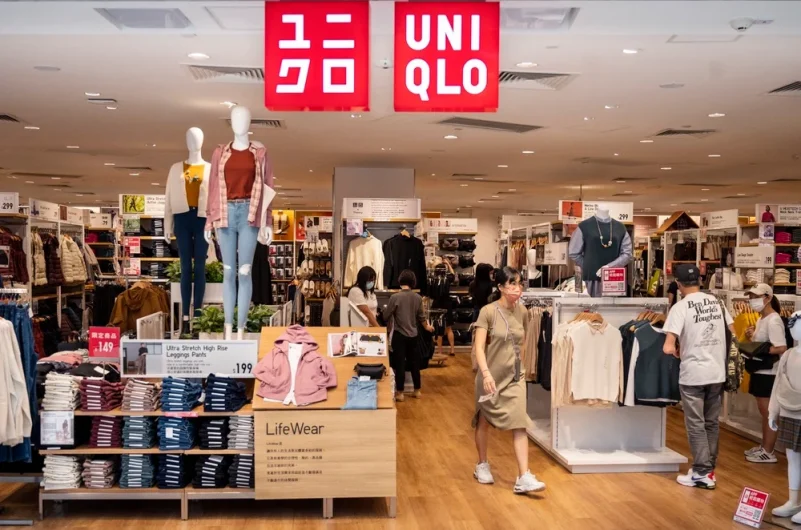When it comes to global marketing, translation isn’t enough—localization is everything. Japanese brands expanding to Western markets often stumble when adapting slogans, taglines, and product descriptions. Words that sound natural in Japan can feel awkward or confusing in English. Companies like UNIQLO learned this lesson early and adjusted their localization strategies to connect emotionally with English-speaking audiences. Let’s explore five common mistakes Japanese companies make in marketing translation—and how brands like UNIQLO turned them into global wins.
1. Literal Translations that Lose Emotion
A direct translation of a Japanese slogan may be grammatically correct but emotionally flat. UNIQLO’s early tagline “Made for All” replaced a literal Japanese equivalent that sounded robotic in English. The new phrase captured inclusivity and simplicity—values central to the brand.
2. Ignoring Cultural Context
Japanese campaigns often rely on collectivist ideals, while Western audiences prefer individuality. For instance, messaging centered on “harmony” or “group spirit” may fail to inspire in English markets. UNIQLO adapted its campaigns to focus on personal comfort and self-expression instead.
3. Over-Formal Tone
Japanese marketing language tends to be polite and restrained. English marketing thrives on energy and confidence. Translators must inject liveliness while maintaining respect. This transformation turned UNIQLO’s product descriptions from factual to emotionally appealing.
4. Overlooking Idiomatic Differences
Expressions like “ganbatte!” (do your best) don’t translate smoothly. UNIQLO’s copywriters replaced such phrases with lifestyle-oriented lines like “LifeWear for every moment,” focusing on relatability instead of exhortation.
5. Inconsistent Brand Voice Across Languages
Without unified localization guidelines, tone can vary across markets. UNIQLO established a global voice manual ensuring that its English tone remained minimalist, friendly, and aspirational—just like its Japanese original.
Conclusion
Japanese-to-English marketing translation requires more than skill—it demands empathy for cultural psychology. Brands like UNIQLO succeeded because they viewed translation as storytelling, not transcription. Their evolution shows how thoughtful localization can turn a regional brand into a global lifestyle symbol.
FAQs
1. Why do literal translations fail in marketing?
Because emotional resonance often gets lost when words are converted without context.
2. How did UNIQLO refine its marketing localization?
By prioritizing simplicity and universal values over direct translation.
3. What’s the biggest translation pitfall for Japanese brands?
Failing to adapt to Western consumer psychology and tone.
4. Is localization more important than translation?
Yes—localization ensures cultural alignment beyond words.
5. What can small brands learn from UNIQLO?
Build a consistent tone guide and test your messages with target audiences.


